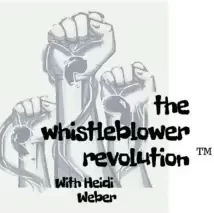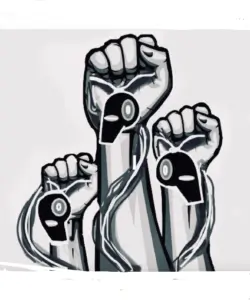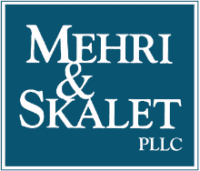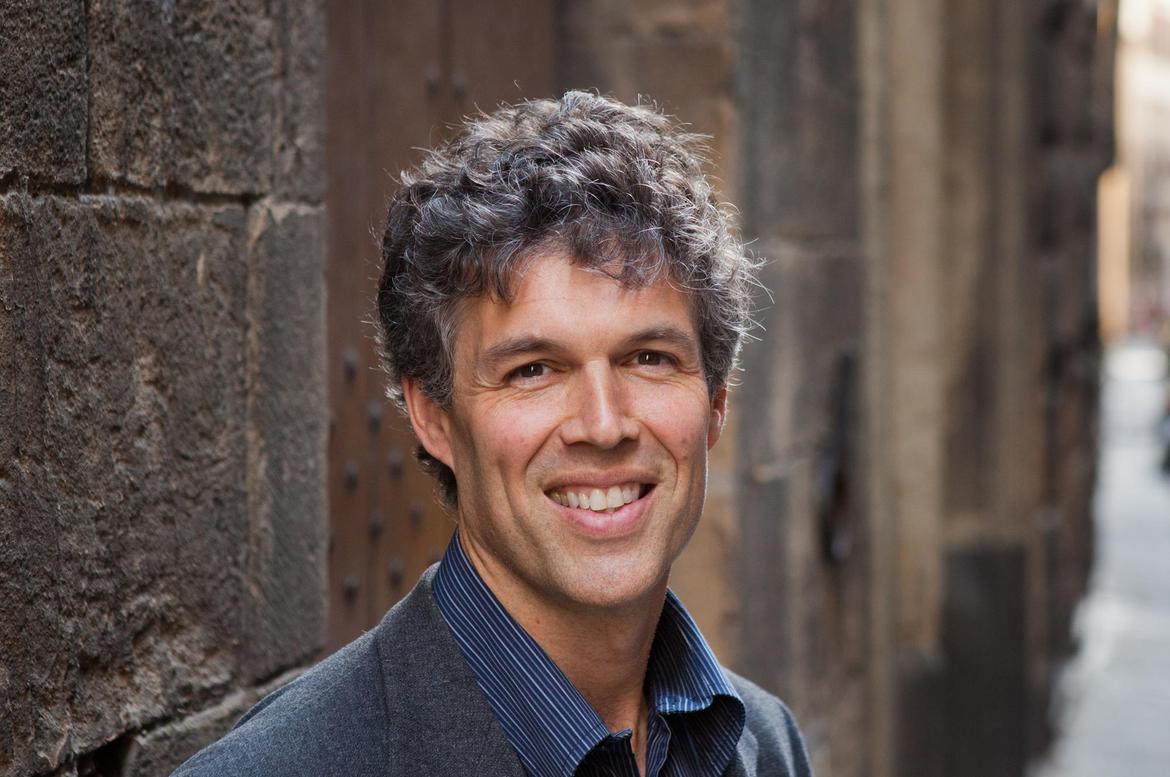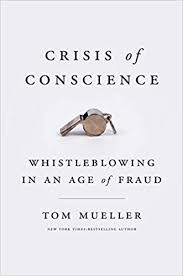A Whistleblower Trifecta
Part 2 of a 2 Part Conversation with Richard Condit and Tom Mueller

After meeting and having the honor to speak with so many respected and insanely knowledgable people in the “whistleblower realm”, I always wondered what it would be like to sit down with more than one expert and just candidly discuss the topic we all know so well from three different viewpoints, just to see where we all stand on certain topics.
The topic of whistleblowing, especially today, is so complex and misunderstood by so many. Several key pieces, from what it takes to be a whistleblower to the process and beyond, were all hot topics during this conversation.
The three of us were on such a roll with our discussion, that I wanted to make sure I captured and shared as much of it as i could. Join us as we get to the heart of several processes and how they play today in ethics, whistleblowing and employment.
Part 2 of 2

